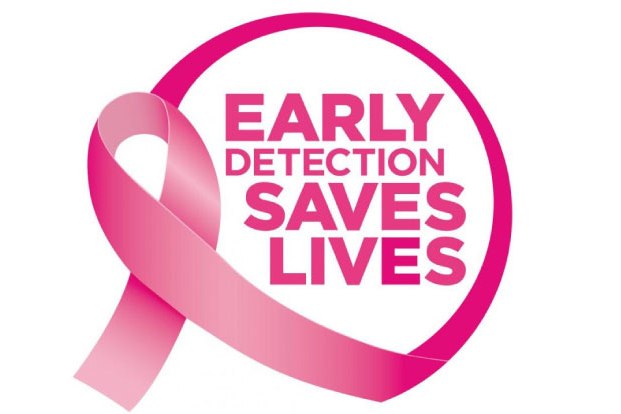WHY IS IT IMPORTANT TO HAVE EARLY DETECTION IN CANCER?
Apr 19, 2022
Early detection of cancer increases the chances for successful treatment. Few early signs of cancer include lumps, sores that fail to heal, abnormal bleeding, persistent indigestion, change in bowel habits and chronic hoarseness. It is important to contact with your doctor if you have found any of these symptoms. Few types of cancer can be found before they cause symptoms. Screening involves checking for cancer or precancerous conditions. When you catch a cancer initial, regardless of its origin, it may be more treatable. Take colon cancer, for instance. If you detect the cancer while it is still a small, isolated polyp in the intestine. It can usually be removed with a colonoscopy and you may be able to ignore chemotherapy, radiation or other adjunctive treatments.

There are few examples of how spotting cancer early can make a real difference:
Bowel cancer
Maximum 9 in 10 bowel cancer patients will survive the disease for more than 5 years if diagnosed at the initial stage.
Breast cancer
Maximum of 90% of women diagnosed with breast cancer at the earliest stage survive their disease for at least 5 years compared to around 15% for women diagnosed with the most advanced stage of disease.
Ovarian cancer
90% of women diagnosed with the initial stage ovarian cancer survive their disease for at least 5 years compared to around 5% for women diagnosed with the most advanced stage of disease.
Lung cancer
More than 80% of lung cancer patients will survive for at least a year if diagnosed at the earliest stage compared to around 15% for people diagnosed with the most advanced stage of disease.









